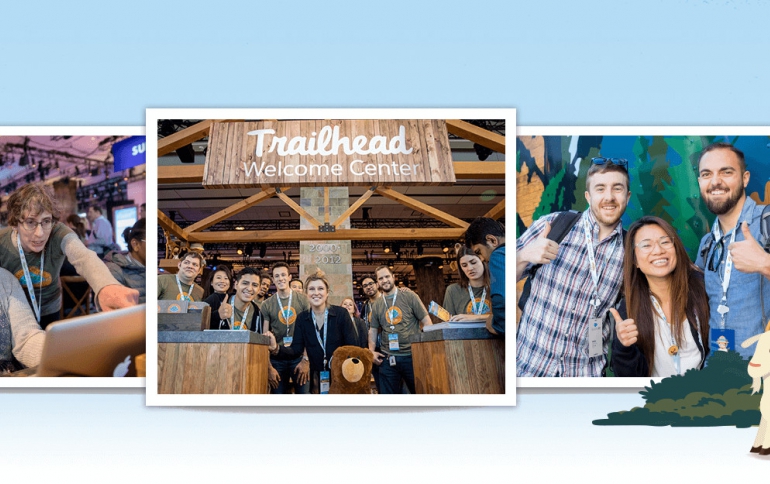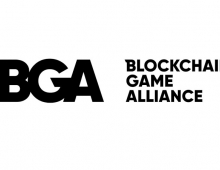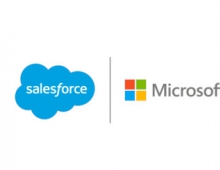
Salesforce Introduces Low-Code Blockchain Platform for CRM
Salesforce.com unveiled a blockchain service in a bid to boost revenue and keep up with peers in digital ledgers, joining a list of companies that have sought to harness the emerging technology.
Salesforce Blockchain is a low-code platform that enables organizations to share verified, distributed data sets across a trusted network of partners and third parties.
Salesforce Blockchain made its debut at TrailheaDX, Salesforce's fourth annual developer conference.
"We help companies build for the future by making breakthrough technology accessible and easy to use—today we are doing just that with Salesforce Blockchain," said Bret Taylor, President and Chief Product Officer, Salesforce. "Now, companies will be able to create new ecosystems and achieve new levels of interconnectivity through trusted partner networks."
Companies are trying to harness and share massive amounts of data with an ever-evolving network of partners and third parties, all without sacrificing trust. This has introduced unnecessary levels of cost and inefficiencies. Blockchain solves this "trust gap" by delivering a distributed ledger that saves, traces and authenticates data across every partner—or node—in the network. Organizations in all industries can leverage blockchain for a variety of use cases like asset tracking, credentialing and verification and authentication of goods.
Rather than develop the software from scratch, Salesforce built its blockchain platform on Hyperledger, open-source software launched in 2016 whose development has been led by the likes of IBM. Hyperledger is the fastest-growing project among more than 70 open-source organizations the Linux Foundation has launched.
Built on the open source technology of Hyperledger Sawtooth and customized for Salesforce Lightning, Salesforce Blockchain enables companies to bring together authenticated, distributed data and CRM processes. With Salesforce Blockchain anyone can:
- Build and maintain blockchain networks, apps and smart contracts—unique to every business—using Salesforce's low-code capabilities. A blockchain object can be created and shared in the same process as any CRM data object—with clicks, not code.
- Companies can also make blockchain data actionable through native integration with Salesforce. Complex blockchain data can be layered on top of existing sales. Even more, companies can now run Einstein-powered artificial intelligence algorithms that integrate blockchain data into sales forecasts, predictions and more.
- Companies can pull in APIs, pre-built apps and integrate any existing blockchains with Salesforce. With an engagement layer, companies can also interact with and add third parties to their blockchain with a few clicks and an authentication—creating trust networks.
Salesforce said some clients are testing the blockchain product now, including drug-label validation company IQVIA Holdings Inc., S&P Global Ratings, and Arizona State University. The company said the tool will become widely available in 2020.
Salesforce has a lot of catching up to do, particularly in recruiting important, large clients. IBM, for example, is already working on blockchain projects with companies such as Maersk and Walmart Inc.





















